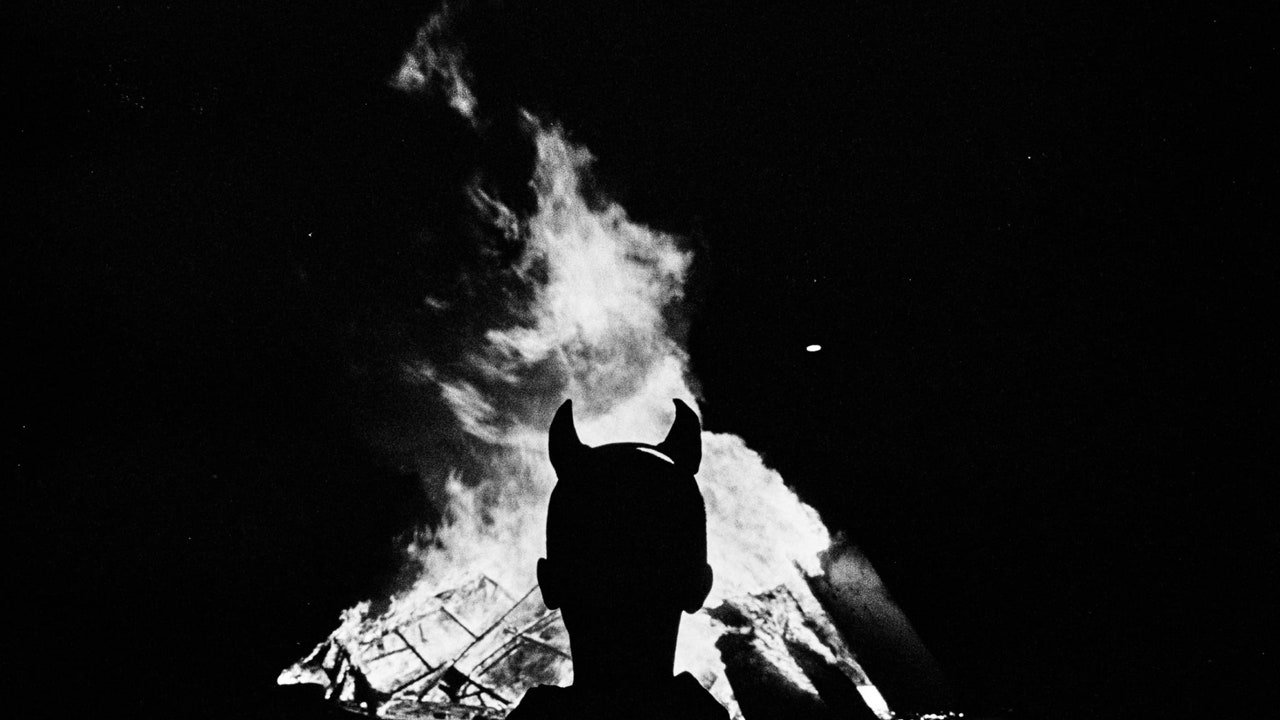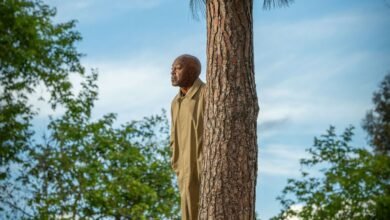
In November, Ross McDonnell, the Irish filmmaker and photographer, died while swimming in the ocean at Fort Tilden beach, in Queens, New York. Ross was forty-four, a giant as a filmmaker and photographer, widely published and lauded for his photographs and cinematography. He was committed to the mission of documentary work: to make meaning from the events of our times.
The author (right), with Ross McDonnell, in Kabul, in 2022, after shooting the documentary “Swift Justice.”Photograph courtesy the author
In 2022, Ross and I met for coffee in Brooklyn. I had recently returned from covering the fall of Afghanistan to the Taliban, and told him about the Sharia courts that were now the official legal system there. He listened carefully and said, “That sounds like a film.” Four months later, we were in the heat and dust of the southern part of the nation, making the New Yorker Documentary “Swift Justice.”
Things were tough from the get-go. The Taliban threw us in jail on our second day in the country. Later, we were tailed by a unit from the Taliban intelligence section. Ross was relentlessly attentive. During the Sharia court proceedings, held in a brutally hot, tiny, pink room with a single window, he caught every glance, every tick. Ross would pick his way through the seated plaintiffs and defendants and install himself right beside the judges. At first, they were startled, shooting each other grim looks, but Ross eventually disarmed with his easy smile; soon they hardly noticed him.
We knew we were telling an important story about what “Sharia”—a label often used in the West as a cudgel to sow distrust of Muslims—actually meant in this context. We talked about the challenge of getting beyond the two-dimensional visual shorthand, established in decades of coverage of the global war on terror, of beards, turbans, and commandeered U.S. rifles. The Taliban authorities vacillated between grudging accommodation and weary rejection of our attention, but Ross had an uncanny ability to connect. He learned Pashto words and peppered them into conversations throughout the day. He made friends with locals, and made them laugh. He charmed the judges with trivia and a friendly demeanor. On one day, the group was tickled to hear Ross’s assertion that Ireland has more cows than people.
Source link







